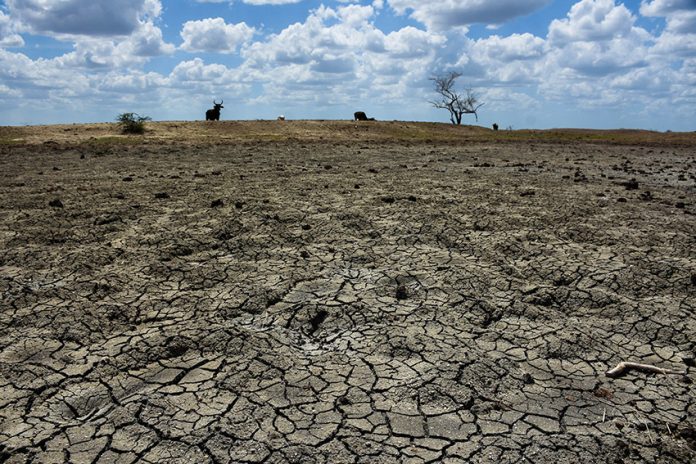The last time the world underwent a mass extinction 66 million years ago, the place now known as Mexico had front-row seats. A 200-kilometer-long meteorite slammed into Earth near the Yucatán Peninsula, setting off a chain of events that extinguished about 75% of all species living at the time, an event known as Earth’s fifth mass extinction.
Now, scientists say the Earth is in a sixth mass extinction — but this time, it’s because of humanity. The very term “sixth mass extinction” used to be controversial among experts. It isn’t anymore, thanks in part to the work of two internationally renowned Mexican scientists. Dr. Gerardo Ceballos, a researcher at the National Autonomous University of Mexico (UNAM), and Stanford University professor Dr. Rodolfo Dirzo have worked together for decades to understand why the Earth is losing so many species and spread the word about the threats that nature and humanity face.
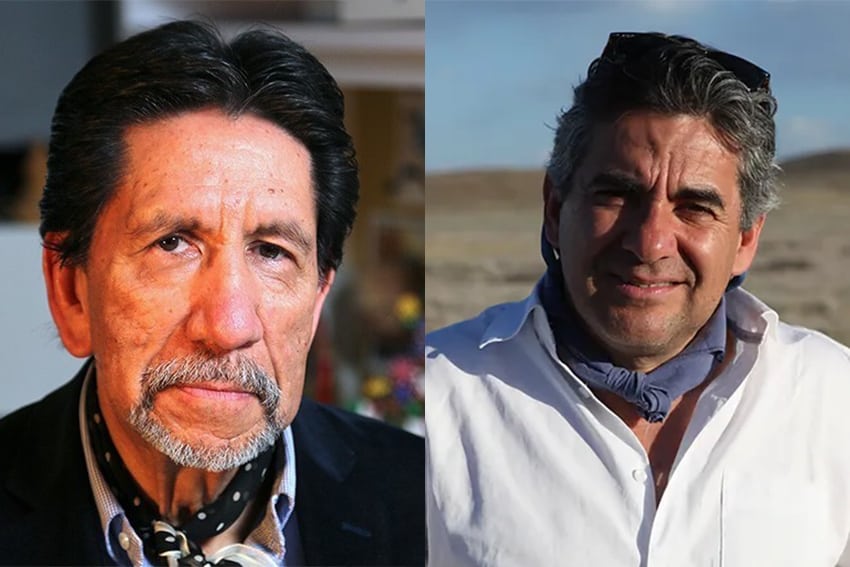
That’s why Ceballos and Dirzo won the BBVA Foundation’s 2024 Frontiers of Knowledge award, a recognition of pioneering work addressing the most pressing issues of our century. Since the award was established in 2008, more than 10% of recipients have gone on to win Nobel Prizes. This year marks the first time that anyone from Mexico or Latin America has received the Frontiers of Knowledge award.
Just as Mexico had a front-row seat to the biotic crisis 66 million years ago, it is once again center-stage on matters of extinction and biodiversity loss. In addition to the ground-breaking science coming from Mexican scientists like Dirzo and Ceballos, Mexico is one of the most biologically diverse countries in the world. It is also an example of how human activity can lead to the loss of those irreplaceable natural resources.
I sat down to talk to Dr. Ceballos and Dr. Dirzo about the award, their work and what the world can learn from Mexico.
How has Mexico changed over the years with respect to its scientific institutions? You’re the first Mexican winners of this award. Is it surprising that it’s taken until now?
Ceballos: No, not really. There is a lot of high-quality science being done in Mexico, Latin America and Iberoamerica. But we’re at a disadvantage compared to other countries because they have many, many more people and resources dedicated to working on these topics. That’s why this award is so important.
What is the sixth mass extinction?
Dirzo: In 550 million years, there have been five documented episodes of catastrophic extinction where a large proportion of species disappear from the face of the planet. These are called mass extinctions. It’s a very rare phenomenon in the history of life. The last one was only 66 million years ago: the extinction of the dinosaurs. Now, much earlier than would normally happen, we’re seeing another extinction, the sixth, generated by the human species.
Jaguars used to exist from the south of the United States to the south of Argentina. The species still exists, but it’s gone now in many places. When you add populations disappearing in one place, then another, then another, eventually you get to total extinction. Populations are going extinct in massive numbers right now.
The other research that Gerardo and others have done is on the extinction of species. Say 370 species in the last 500 years. If you see it in the context of the normal speed of species extinctions, depending on the group of animals, it can be 100 to 1000 times faster than normal. From the perspective of geological history, it’s very fast.
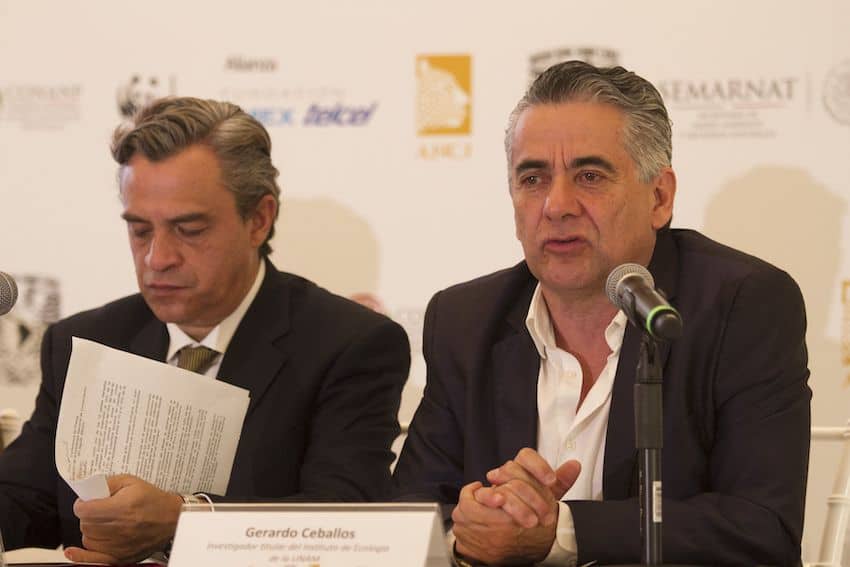
With time, what kind of effects can these extinctions have on the planet?
Dirzo: For the local ecosystem in, say, the forest of Veracruz, where there are no more jaguars, tapirs, wild boar or deer, the ecological processes that happened with the interactions of those animals and their environment — the dispersal of seeds, the hunting of prey and the rest — no longer exist.
So ecological interactions are going extinct as well, and many of those losses mean problems for humanity. The simplest is that if animals that pollinate flowers go extinct at the local level, those flowers can’t reproduce. If you have a crop — alfalfa or apples for example — the loss is enormous for you. Your whole business and all that food production — it’s an economic problem and a truly serious food supply problem.
This almost always leads to problems for human well-being. A world without pollinators? A world without seed dispersal? A world without pest regulation? It would be impossible to survive.
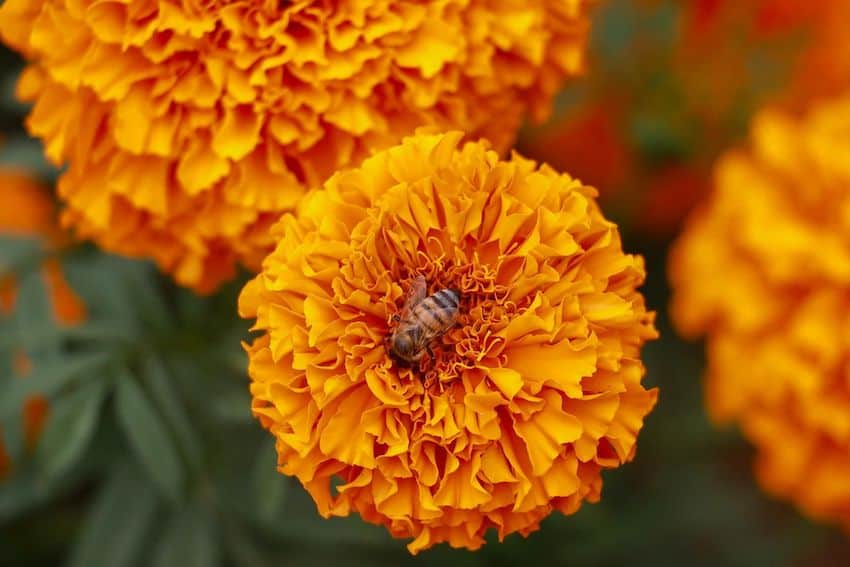
Your work has also focused on how the loss of biodiversity affects human diseases. That’s another way it directly affects us, right?
Dirzo: Yes. We just endured a pandemic — the strongest hypothesis at present is that it came from a wild animal, probably kept in a market. That pathogen was able to jump from an animal species to the human species. In changing the structure of animal populations with illegal animal trafficking, we put ourselves in contact with those animals and that’s a serious risk for us.
Ceballos: All of these environmental interactions that are lost when populations are lost are what we as scientists call “environmental services.” Environmental services are all the benefits that we get for free when nature is functioning well, like the fertilization of all the soils and pollination. 70% of all the active compounds in the medicines we use today come from wild plants and animals. There are enormous benefits.
The wall behind me is made of bricks. If you take away one brick, the wall keeps working but it won’t work as well. There’s more noise, dust, etcetera. If you take away more bricks, it will weaken and eventually collapse. That’s an analogy for what’s happening with populations in nature. The collapse we’re talking about is a collapse of the biological systems that make life on Earth possible — life in general and human life in particular.
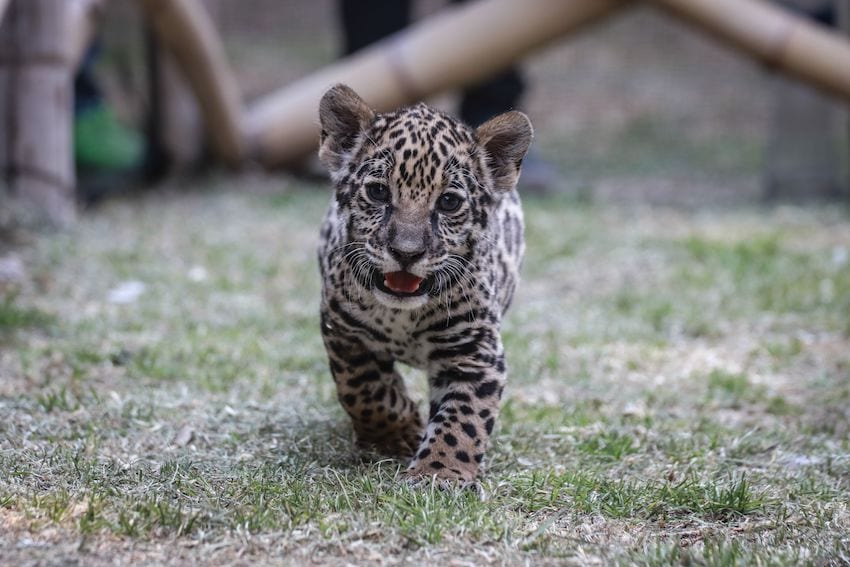
So we’re facing losing everything that sustains us, food, air. I don’t want readers to think I’m exaggerating, making up an apocalypse…
Ceballos: But it is a question of apocalypse. We should stop being afraid to call it what it is. The collapse has already started. If you look at all the predictions that there have been about climate change and the extinction of species, they have been surpassed by a lot. What was expected to happen in 2100 is happening this year. There’s still hope but if we don’t frame the questions in terms of their real magnitude, it’s not ethical.
And what signs of hope are left? Not hope that everything will be fine and exactly the same as in the past, but hope in the sense of finding conservation strategies that work?
Dirzo: There is much that can still be done. We need to inform the public about the challenges that we must face so that we can attack the problem collectively. To the degree that we have a more informed society, it’s possible to elect leaders and decision-makers, demanding that they have a clear agenda for addressing environmental problems.
Ceballos: This year, 50% of the global population will change their president or leader. If Trump wins, or in Mexico if the successor of the current president wins, they are people who don’t have the slightest idea of the seriousness of the current problem. It would be a huge setback to this effort.
The work required to save the planet and save humanity doesn’t require changing the existing economic systems. Conservation can become a huge business for companies that invest in undoing all the harm we have done. There’s no time to change them. The window of opportunity is closing quickly but it’s still open, which should give us hope.
There are many successes, cases of rural or Indigenous communities, of private enterprise, of government, and all of those success stories should be told, to understand that there is a solution. In Mexico, for example, we began to work on jaguar conservation in 2010. In the first census there were 4,000 jaguars. In 2018, we had increased to 4,800 jaguars, despite the enormous problems the country has.
We have to double down on our efforts. Everything we are able to save — natural ecosystems, species — will probably be what survives into the future. It’s a great responsibility.
It seems like many people know that nature is at risk, but it can be difficult to accept what is happening. You both deal with this reality every day without turning a blind eye. What gives you the strength to do so?
Ceballos: Achievements like this kind of award give me a lot of hope. We should keep working as much as we can, as long as we can still save species and areas. In Mexico, we’re going to make 3 million hectares of new reserves despite having a government less interested in the environment than any in the past 40 years. We have to work hard today, take good care of each other today, enjoy ourselves today. The better we make the present, the better the future will be.
Is there anything else that MND readers need to know?
Dirzo: They need to know that the system that keeps life on Earth going, as we know it today, is at serious risk due to unprecedented human activity. There’s tradition, culture and an important foundation of knowledge in Mexico. We have Indigenous communities that continue to contribute new genetic materials, strains and varieties that are a real global treasure. We hope readers’ curiosity will be piqued to know more and even reach out to us. Whatever Gerardo and I can do, we are always available to contribute.
Ceballos: I’d add that we’re very proud of the Mexicans outside of Mexico and they should be incredibly proud of Mexico. Despite all the bad news that comes out of the country, it’s much bigger than that in terms of biological diversity. They should be enormously proud of the biological and cultural heritage we have in this country. I hope many readers can take an interest and participate, however they can, in the conservation of nature, wherever they are in the world.
Rose Egelhoff is an associate editor at Mexico News Daily and a freelance writer. She’s on Twitter and the internet.
